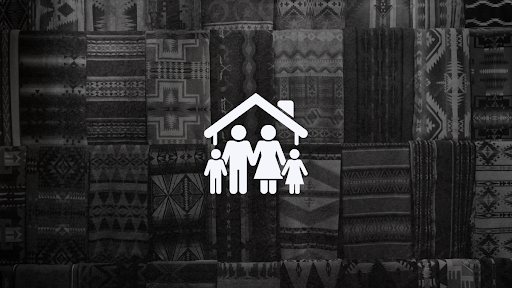Oscar Romero Jorge
Like millions of mixed-status families, I witnessed how my siblings faced the constant fear of family separation, even though they were born here and became U.S. citizens.
Similar to many others across this state and nation, we lived with the contradiction that some of us could access critical services like Medicaid and public education while others remained in the shadows.
While I was fortunate to receive DACA protection and eventually permanent residency, my personal experience drove me to help families in situations similar to my own. Through organizations like Somos Durham, we are actively building collective power within Durham’s Latiné community, with the understanding that real change requires policies that recognize the humanity and contributions of all family members.
Recent policies, including the Build Back Better Act’s immigration provisions, offer a temporary solution through “parole-in-place” status for an estimated 7 million undocumented immigrants who arrived before 2011. According to the Children’s Defense Fund, this status “would be granted for five years and could be renewed once for another five years, with protection ending at the latest September 30, 2031.”
But the threat goes beyond inadequate immigration provisions. Current Congressional proposals also target the very safety net programs that keep mixed-status families stable.
The Center for Migration Studies reports that “10.9 million undocumented residents live in the U.S., with 4.7 million households containing both undocumented residents and residents with permanent legal status.”
Additionally, looming Medicaid and SNAP cuts will disproportionately harm mixed-status families.
The Congressional Budget Office estimates that the federal budget “will cut about $800 billion in Medicaid, and has previously estimated over 8 million people will lose Medicaid coverage.” These cuts would devastate families like mine, where U.S. citizen children depend on Medicaid for healthcare while their undocumented parents remain ineligible for most services. When my siblings needed medical care as children, Medicaid coverage was lifesaving. Cuts to these programs would force families to choose between healthcare and staying together.
State penalties for helping immigrant families make things worse. The Center for Children and Families reports that new legislation includes provisions that would “penalize states for providing health coverage to noncitizens,” creating a “crushing loss of funding” for states like North Carolina that provide coverage to legal immigrant children.
This punishes states for recognizing that healthy children benefit entire communities regardless of their parents’ status—ultimately creating multi-tiered uncertainty instead of stability.
As Michele Alcalde’s Immigration Law notes, these provisions “do not contain a pathway to citizenship for undocumented immigrants and instead offer a ‘parole’ process that would waive immigration requirements.” Meanwhile, cuts to Medicaid and SNAP mean that even U.S. citizen children would lose access to basic necessities.
North Carolinians must demand more than temporary fixes and safety net cuts. I encourage people to take action.
- Contact your representatives to demand comprehensive immigration reform that includes permanent pathways to citizenship for all 11+ million undocumented immigrants.
- Advocate for policies that understand mixed-status families, and reject proposals that create temporary solutions, which perpetuate uncertainty for mixed-status families.
- Support state and local policies that expand access to Medicaid and SNAP for all eligible families, regardless of immigration status. Recognize that immigrant families drive North Carolina’s economy and strengthen our communities.
- Engage in year-round civic participation. Support immigrant-led organizations building sustainable community power while defending the social safety net that keeps our children and communities healthy.
Mixed-status families need comprehensive solutions, not partial fixes. We deserve better than policies that treat us as problems to be managed rather than neighbors to be welcomed.
Oscar Romero Jorge is a Senior Software Engineer, co-founder of Somos Durham, and board member of LatinxEd.





